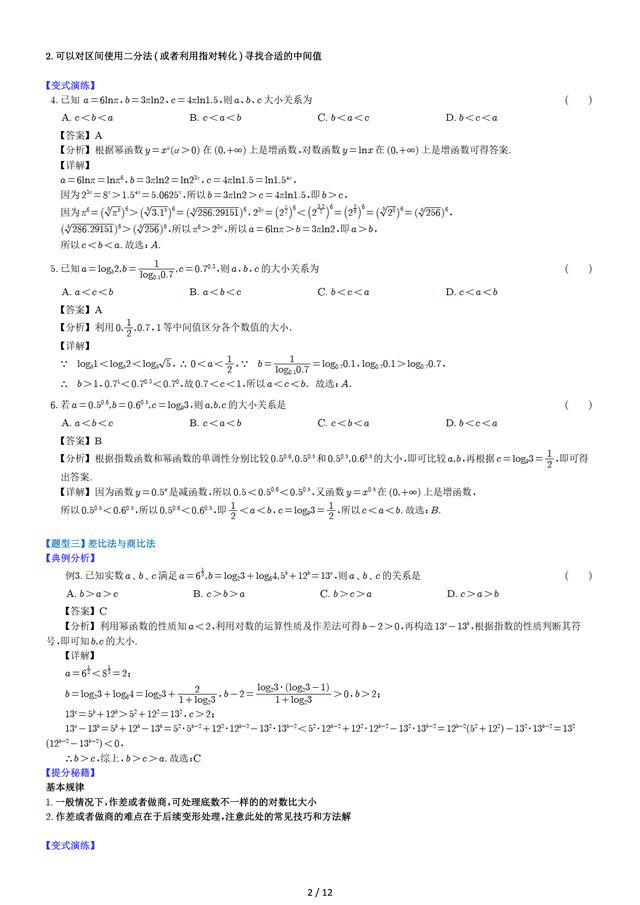英语一般将来时的时态结构(英语时态之一般将来时)
一般将来时(simple future tense)是英语十六种时态之一,属于将来时的范畴,顾名思义动作或状态是存在于将来的某个时间。

一、定义:
表示将来某一时段的动作或状态,或将来某一段时间内经常的动作或状态,常与表示将来的时间状语连用,如 tomorrow,later,soon,next week/month/year 或 in two days 等等。
二、结构:
1. 肯定句:
a. 主语 be(am/is/are) going to /will/shall 动词原形 其他
He is going to meet Sally tonight.
他今晚要去见萨莉。
b. 主语 will 动词原形 其他
You will help him later.
你以后会帮助他的。
c. 主语 shall 动词原形 其他,这个句型有点过时了
We shall have a walk after dinner.
晚饭后我们将去散步。
2. 否定句:
a. 主语 be(am/is/are) not going to 动词原形 其他
He isn't going to meet Sally tonight.
他今晚不打算见萨莉。
b. 主语 will not/won't 动词原形 其他
You will not help him later.
你以后不会帮他的。
c. 主语 shall not/shan't 动词原形 其他
We shall not have a walk after dinner.
晚饭后我们不去散步。
3. 一般疑问句:
a. Be(am/is/are) 主语 going to 动词原形
Is he going to meet Sally tonight?
他今晚要去见萨莉吗?
b. Will 主语 动词原形 其他
Will you help him later?
你以后会帮助他吗?
c. Shall 主语 动词原形 其他
Shall we have a walk after dinner?
晚饭后我们去散步好吗?
4. 特殊疑问句:
a. 特殊疑问词 be(am/is/are) 主语 going to 动词原形 其他?
Who is going to meet Sally tonight?
今晚谁去见萨莉。
b. 特殊疑问词 will 主语 动词原形 其他?
Who will meet Sally tonight?
今晚谁来见萨莉?
c. 特殊疑问词 shall 主语 动词原形 其他?
What shall we do after dinner?
晚饭后我们做什么?
5. 被动语态:
a. will be done
The work will be finished by 6:00 PM.
这项工作将在下午6点前完成。
The new tax reform will be carried out this year.
新的税制改革将在今年进行。
b. be going to be done
A beautiful dinner is going to be made by Jackie tonight.
杰基今晚将做一顿丰盛的晚餐。
We all think that he is going to be transferred.
我们都认为他将被调任。
三、用法:
1. be going to 动词原形,多用于口语中,表示打算、将要发生的事,例如:
She is going to spend her vacation in Sicily.
她打算在西西里岛度假。
She is not going to spend her vacation in London.
她不打算在伦敦度假。
2. be 不定式,表示安排或计划好了的动作,例如:
When are they to hand in their plan?
他们的计划什么时候交上来?
The queen is to visit Japan next year.
女王将于明年访日。
3. be about 不定式,表示即将发生的动作,一般不与时间状语连用,例如:
He is about to retire.
他即将退休。
The English evening is about to begin.
英语晚会即将开始。
4. 用一般现在时表将来时,例如:
a. 按预定计划或时间表将要发生的事
It's my birthday tomorrow.
明天是我的生日。
His plane leaves at 7am tomorrow morning.
他的飞机明天早上7点起飞。
b. 在 if,provided 或 unless 条件句中,用一般现在时表示将来的意思
You won’t miss the bus if you leave now.
如果你现在离开,你就不会错过公共汽车了。
I will call you tomorrow unless you tell me not to.
除非你告诉我不要,否则我明天给你打电话。
She will forgive you provided you say you are sorry.
如果你说对不起,她会原谅你的。
c. 带时间连词的状语从句,常见的如 until,before 和 when 等
Let's wait until the rain stops.
咱们等雨停了吧。
Don’t call her before she calls you.
在她给你打电话之前不要给她打电话。
You can have some ice-cream when you finish your dinner.
你吃完饭可以吃些冰淇淋。
5. 用现在进行时表示是计划、安排或打算等中的一部分,此时句中常有表示将来时间的词或短语,或者有明显的上下文,例如:
You’re visiting Italy next month.
你下个月要去意大利。
They are coming to see us tomorrow.
他们明天来看我们。
Our parents are taking us to the pool next Sunday.
我们的父母下星期天要带我们去游泳池。
We’re doing a History exam in two days.
我们两天后要考历史。
6. will/shall 动词原型,表示将要发生的动作,其中在美式英语中大家不倾向于用 shall 来表将来时,但是在英式英语中 shall 还是可以用来表示将来时,特别是当主语是第一人称 I 或 we,但是现在使用 will 是趋势,例如:
She'll write the e-mail after lunch.
午饭后她会写电子邮件。
I shall use my discretion.
我将斟酌决定。
7. There be 一般将来形式,例如:
a. 肯定句,格式是 there will be,后面接单数或复数名词
There will be a party on Friday.
星期五将有一个聚会。
There will be 25 people at the meeting.
将有25人参加会议。
b. 否定句,格式是 will not,常缩写为 won't,适用于所有的人称
There won't be a party on Friday.
星期五没有聚会。
There won't be 25 people at the meeting.
不会有25人参加会议。
c. 疑问句,格式是 any 不可数名词或可数名词的复数形式,但不用单数可数名词
Will there be any time for a meeting?
有时间开会吗?
Will there be any people at the party?
聚会上会有人吗?
免责:文中图片部分来源于网络,版权归原作者所有,如有侵权,请联系我们将立即删除。
,免责声明:本文仅代表文章作者的个人观点,与本站无关。其原创性、真实性以及文中陈述文字和内容未经本站证实,对本文以及其中全部或者部分内容文字的真实性、完整性和原创性本站不作任何保证或承诺,请读者仅作参考,并自行核实相关内容。文章投诉邮箱:anhduc.ph@yahoo.com






